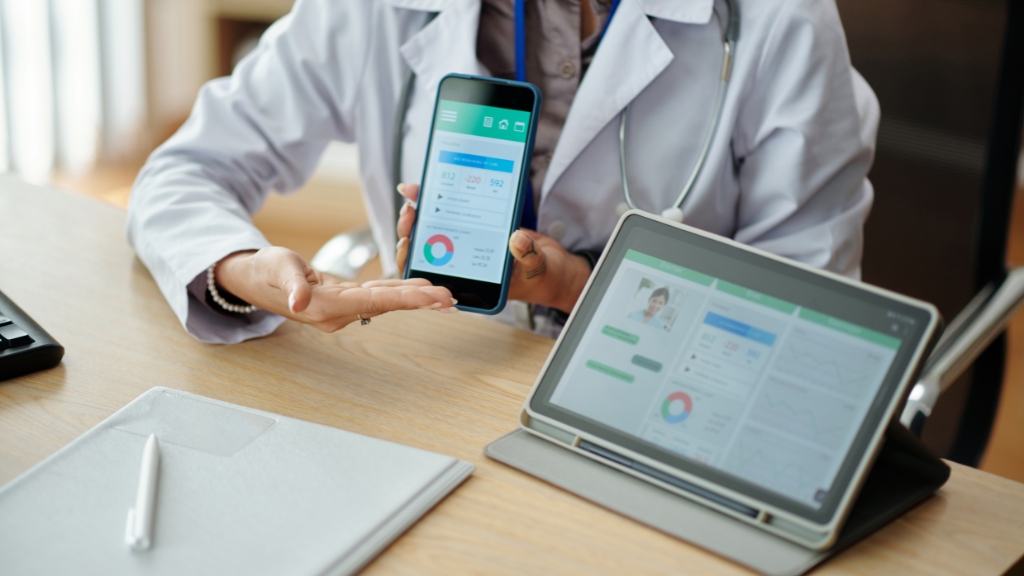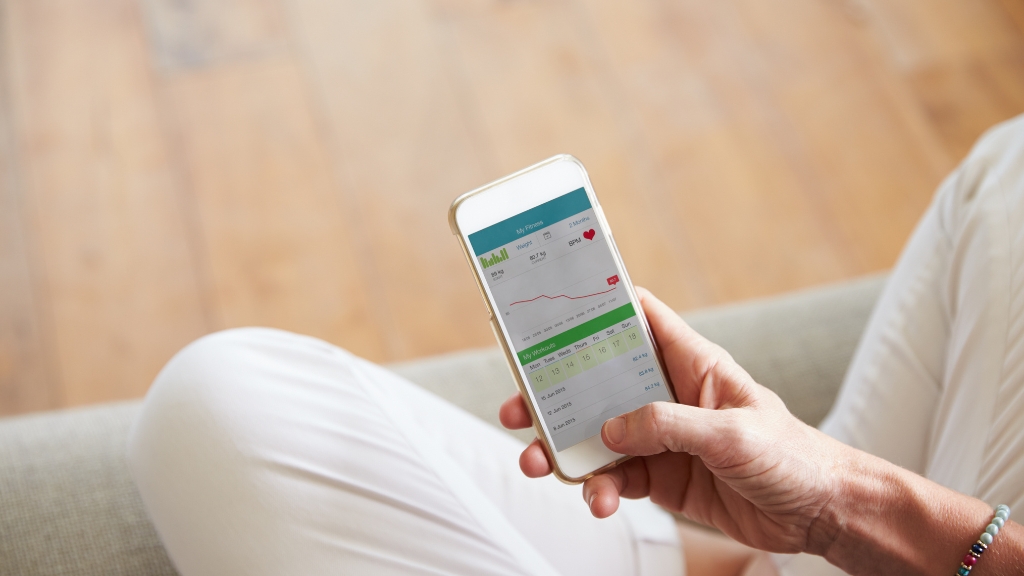
Transforming Healthcare: The Role of Apps in Modern Medicine
In an era where technology is seamlessly interwoven into our daily lives, the field of healthcare is no exception. The advent of mobile apps has sparked a revolution in modern medicine, bringing a host of benefits to both patients and healthcare providers. From managing chronic conditions to facilitating telemedicine, these apps are transforming how we approach health and wellness.
Revolutionizing Patient Care
One of the most significant impacts of healthcare apps is their ability to empower patients in managing their own health. Apps designed for chronic disease management, such as diabetes or hypertension, enable users to monitor their condition in real-time. Through these apps, patients can track vital signs, medication adherence, and lifestyle factors, receiving tailored feedback that can lead to better health outcomes.
For example, apps like MySugr for diabetes or HeartWise for heart health offer intuitive interfaces that help users log their daily metrics and communicate directly with their healthcare providers. This continuous stream of data facilitates timely adjustments to treatment plans, potentially reducing the risk of complications and hospitalizations.
Enhancing Access to Healthcare
Telemedicine apps have made it easier for patients to access healthcare services, particularly in underserved or remote areas. By allowing virtual consultations, these apps break down geographical barriers and reduce wait times for appointments. Platforms such as Teladoc and Amwell provide patients with the flexibility to consult with healthcare professionals from the comfort of their homes, making healthcare more accessible and convenient.
These apps also address the issue of specialist shortages by connecting patients with experts who may not be locally available. This is especially beneficial for individuals with rare conditions or those requiring specialized care.
Streamlining Healthcare Operations
Healthcare apps are not just for patients; they also play a crucial role in streamlining operations within healthcare systems. Electronic Health Record (EHR) apps, for instance, allow healthcare providers to access and update patient records with ease. This integration facilitates better coordination among different providers and ensures that patient information is accurate and up-to-date.
Additionally, apps that assist in administrative tasks—such as appointment scheduling, billing, and prescription management—reduce the administrative burden on healthcare staff. This efficiency not only enhances the patient experience but also helps in optimizing the overall workflow of healthcare facilities.
Supporting Mental Health and Wellness
Mental health apps have emerged as a valuable resource for individuals seeking support and guidance. Apps like Headspace and Calm offer mindfulness and meditation exercises that can help manage stress, anxiety, and depression. These tools provide users with techniques to improve their mental well-being and track their progress over time.
Furthermore, mental health apps can offer therapeutic exercises and connect users with licensed therapists for virtual counseling. This integration of mental health support into daily routines helps in reducing the stigma associated with seeking help and makes mental health resources more accessible.
Addressing Data Security and Privacy Concerns
As healthcare apps become more prevalent, data security and privacy remain critical concerns. The sensitive nature of health information necessitates stringent measures to protect user data. App developers and healthcare providers must adhere to regulations such as the Health Insurance Portability and Accountability Act (HIPAA) in the United States to ensure that patient information is safeguarded against breaches and unauthorized access.
Users should also be vigilant about the apps they choose, opting for those with robust security features and transparent privacy policies. This awareness helps in maintaining the integrity of personal health information and builds trust in the use of healthcare technology.
Conclusion
The integration of apps into modern medicine represents a paradigm shift in healthcare delivery. By empowering patients, enhancing access to services, streamlining operations, supporting mental health, and addressing privacy concerns, these apps are playing a pivotal role in transforming the healthcare landscape. As technology continues to advance, the potential for healthcare apps to further improve health outcomes and operational efficiency is boundless.
Leave a Reply
- AI in Diagnostics: Revolutionizing Early Detection and Accuracy
- How AI and Advanced Analytics Are Transforming Healthcare Outcomes
- Investing with Confidence: The Role of ROI Calculators
- How ROI Calculators Drive Data-Driven Business Strategies
- The Ultimate Guide to ROI Calculators for Business Success
- Making Sense of ROI Calculators: A Comprehensive Guide
- June 2025 (1)
- May 2025 (1)
- October 2024 (2)
- September 2024 (31)
- August 2024 (31)
- July 2024 (27)
- June 2024 (28)
- May 2024 (30)
- April 2024 (33)
- March 2024 (23)
- February 2024 (29)
- January 2024 (3)
- December 2023 (47)
- November 2023 (36)
- October 2023 (23)
- September 2023 (2)
- June 2023 (2)
- May 2023 (13)
- April 2023 (1)




